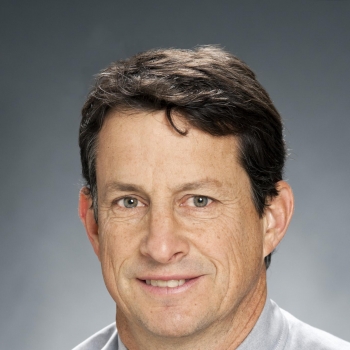Current Research and Scholarly Interests
I. Medical Emergency Teams
Medical Emergency Teams (or METs for short) are groups that perform rapid assessment and stabilization of patients in response to signs of clinical deterioration. They have arisen in response to data demonstrating that many opportunities to reverse clinical decline are not acted upon in a time frame that would prevent further deterioration, or progression to cardiac arrest. I have implemented a MET at the VA Palo Alto and am looking at the clinical impact of this intervention; I have also developed programs for team training and technical skill development applicable to MET operation.
Work in the field has led the development of "patient deterioration" as an almost separate filed in resuscitation. In such, the following questions are areas of active investigation:
1. What are the best methods to detect patients who are deteriorating and how can we optimize the sensitivity and specificity of such methods?
2. Does earlier attention by critical care personnel really alter the course of patients with deteriorating conditions?
3. Either way, who really benefits from ICU care?
4. Where can/ should septic patients be managed?
5. What monitoring schemes, including complex analytic methods should be
employed on regular hospital wards?
6. How should ward nurses be trained to detect deteriorating patients?
II. Critical Care Education
One of my interests centers on the use of patient simulation as an educational and training tool in critical care. Human patient simulation offers an ever-changing laboratory for developing and testing educational methods as well as participating in our current strength - critical care team training. Earlier projects led to the development of a performance assessment tool to evaluate teams managing septic shock and use of this methodology to evaluate whether classroom instruction improved the management of management of simulated patient emergencies.
The VA simulation center has moved around a bit in the past few years, and now has a permanent home, so I am excited to expand the use of simulation for critical care skill development and team training.


